Cities Of Refuge: Refined By GraceSample

For a person who’d just committed the horrific act of taking another life, regardless that it had been an accident, seeing the walls of the Cities of Refuge come into sight after a flight through the countryside must have been the greatest of reliefs. And, hopefully for the Hebrews who lived in the areas surrounding the rest of the forty-eight Levitical cities, those places were an oasis of learning, worship, and justice.
These cities would have stood apart, in that they were walled (likely already built by the Canaanites who fled before Joshua’s army) and, as was the norm for such cities in this period, would likely have stood on a hill for strategic purposes. And since the Levites were only allowed a small portion of pastureland around the city, the focus would have been their sacred duties instead of agriculture.
These cities were different from any others, strange to the surrounding cultures, and, if executed properly under the Law, would have been a “light on the hill,” especially in outlying places where the enemy still had a foothold. They, and the priests who lived within them, were consecrated for the purpose of reflecting God’s light and being representative of His mercy, justice, and righteousness.
We are reminded in Colossians 3:12-17 that, like the Levites, we are chosen to be holy (set-apart), to walk in love and unity, to uphold peace and wisdom, to teach and worship, and to ensure that whatever we do is done in the name of our Savior—even while living in the midst a fallen world.
Yeshua charges us to be a light before men (Matt 5:16), not so that our deeds would give us glory, but so that Yahweh would be glorified. We should be beacons of hope to the lost, examples of His loving-kindness, and reflections of His righteousness for His name’s sake. Just as the Levites were set apart to be heralds of God’s truth and to foreshadow the sacrificial work our Messiah would someday do at the cross, so too are we are sent into the world to declare the Good News that He is the light of the world (John 17:15-21) and to display His beautiful grace through our words and deeds.
Filtering our every thought, word, and deed through the knowledge that we are His representatives and the bearers of His name will automatically encourage the refining process and mold us further into His image. And, just as the Moon reflects the light of the Sun, we will then shine in the darkness out of pure joyful gratitude for the grace He has so mercifully offered us.
We all remember the Sunday School song “This Little Light of Mine,” don’t we? Although it is a simple tune sung by millions, it is a fantastic reminder that we should be shining our lights for the Lord and refusing to let anything cover that brilliance or tarnish the reflection of the glory we have the privilege of bearing.
QUESTIONS FOR CONSIDERATION:
Within your own circles, who do you see as a “light on the hill” to those around them? What makes their life so different from the world? What ways do they represent Yeshua and reflect his character?
What steps do you need to take to shine more brightly for your Savior? How can you be more intentional about sharing the Good News with those in your influence?
Spend some time in prayer today asking the Lord to reveal what things are “tarnishing” the reflection of his glory in your life and how you can better “let your little light shine”.
About this Plan

Best-selling author Connilyn Cossette invites you to join her on this seven-day study inspired by her latest novel, Shelter of the Most High. Through the lens of the Levitical Cities of Refuge and the priests who attended them, we will examine the refining process for those who live in Covenant with Yeshua (Jesus) and be challenged to embrace both the joys and discomforts of being transformed into His likeness.
More
Related plans
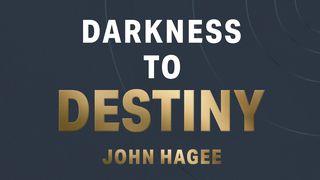
Darkness to Destiny: Unleashing God’s Power in a Dark World
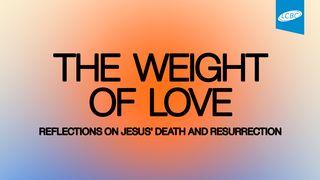
The Weight of Love: Reflections on Jesus' Death and Resurrection

Commissioned: Passion to Purpose: Living the Great Commission

Have Faith
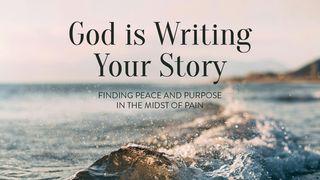
God Is Writing Your Story

DON’T FIGHT ALONE: How Isolation Keeps Us Stuck in Anxiety and Why Community Helps Us Win Mental Battles
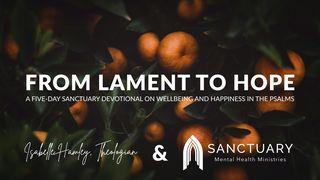
From Lament to Hope: Wellbeing and Happiness in the Psalms

Reclaim Easter
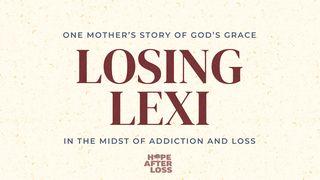
Losing Lexi: One Mother's Story of Grace in the Midst of Addiction and Loss
